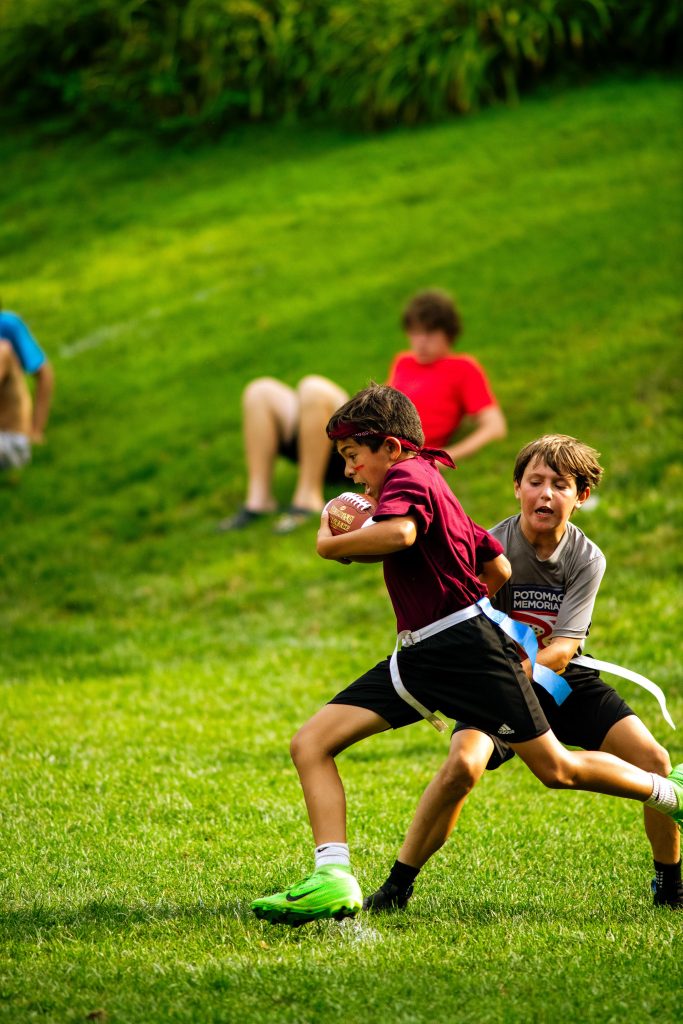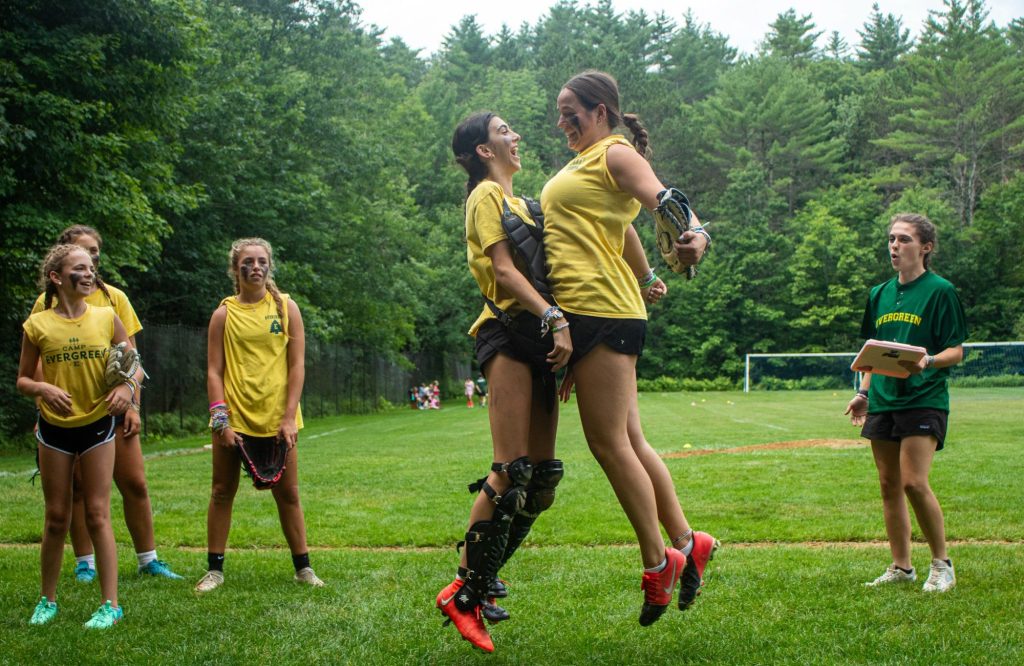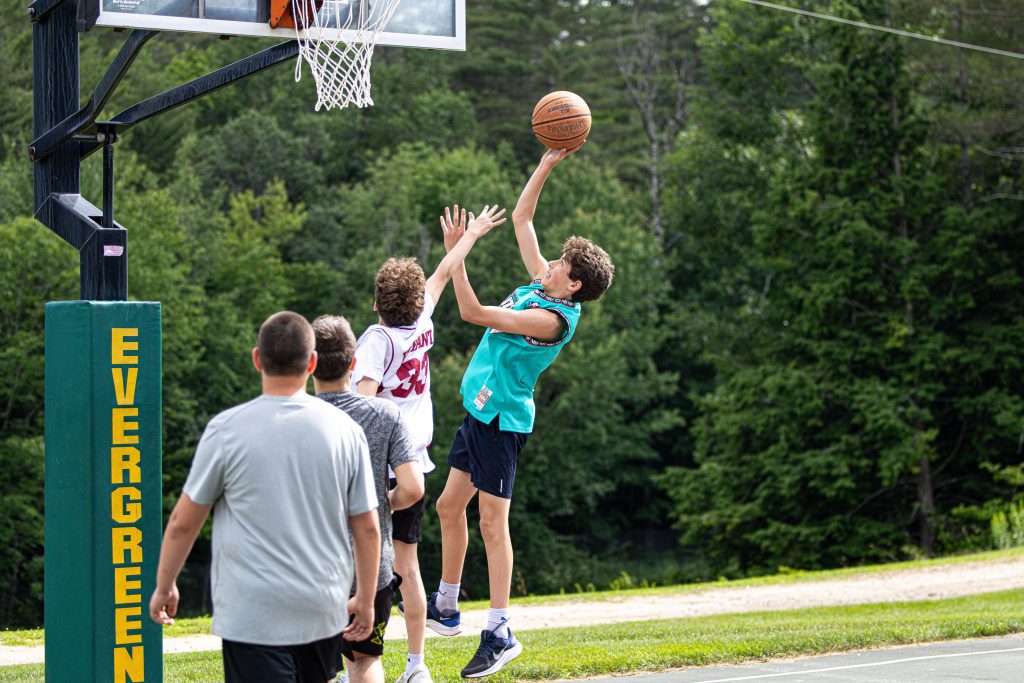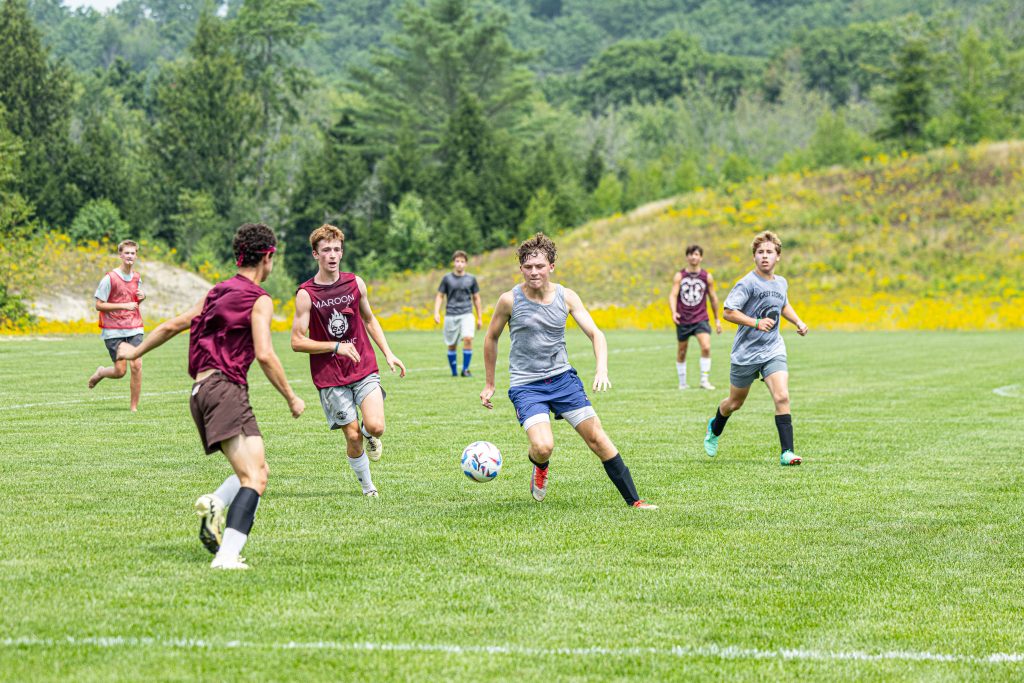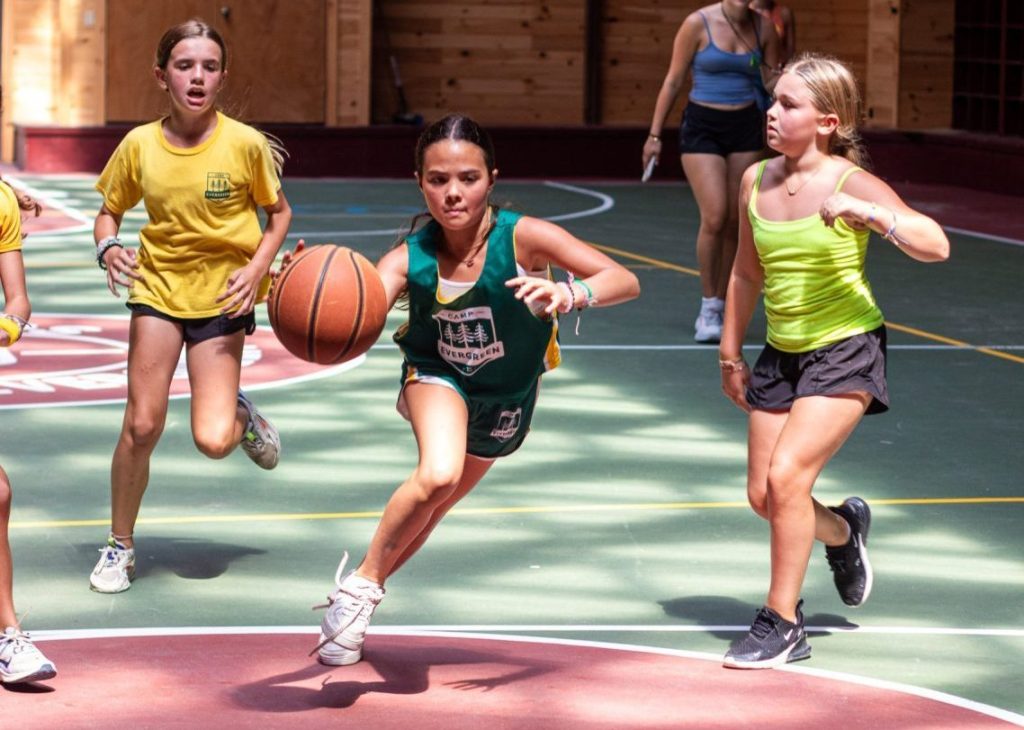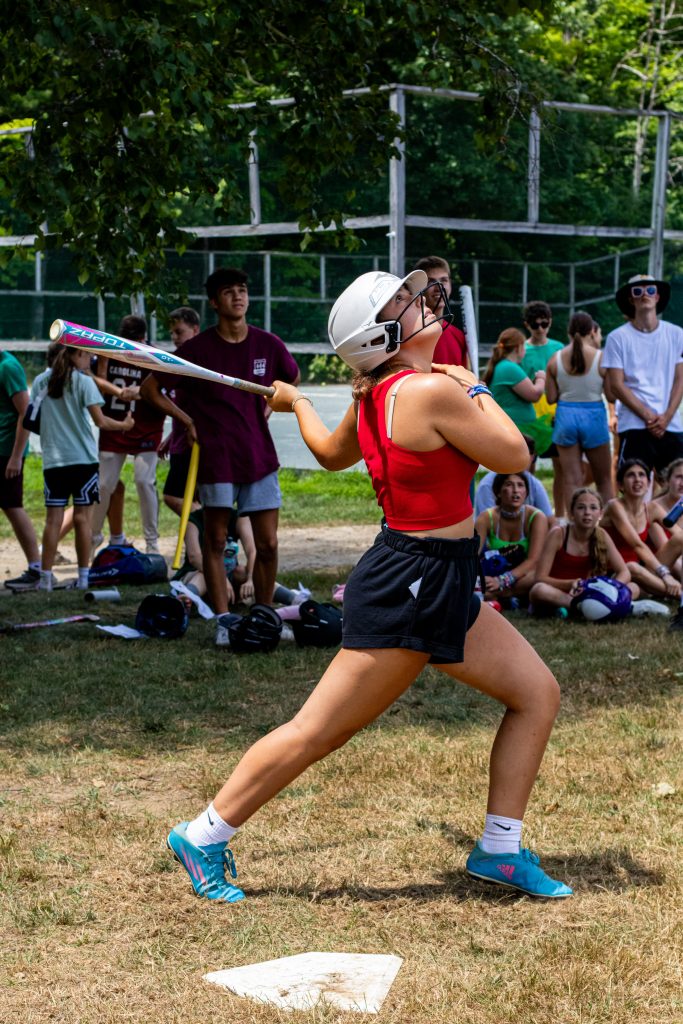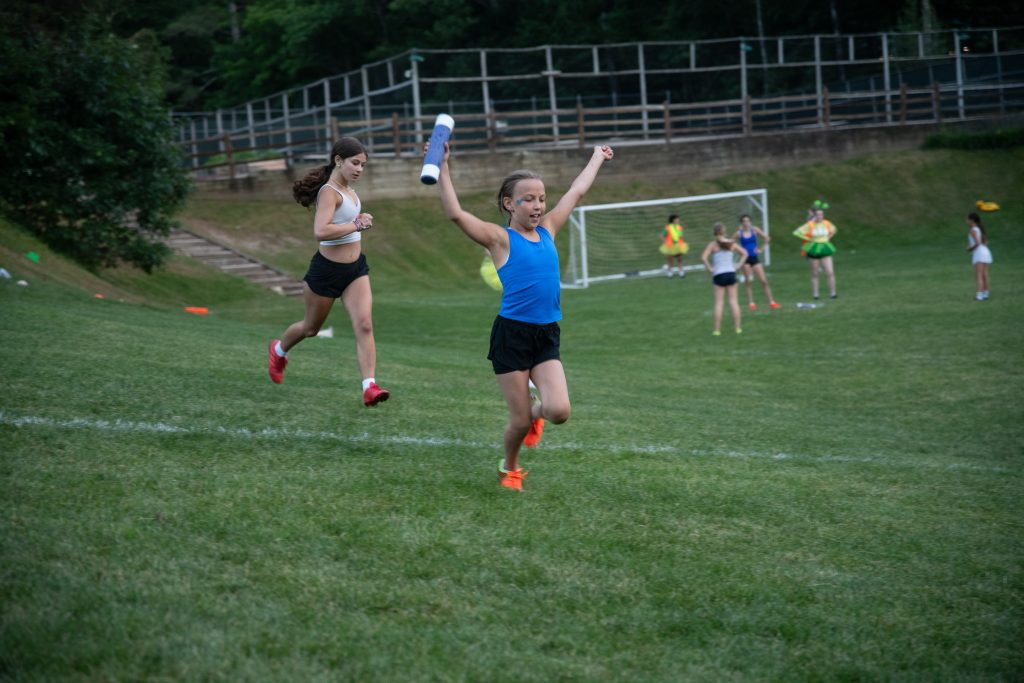
When I joined the rugby team as a freshman in high school I was the smallest player on the squad. Not exactly ideal.
Oh, and add in that in the U.S. – almost nobody actually knows the rules. Most people (including us back then) just run around hitting each other. Pure chaos with an oddly-shaped ball.
Smallest Kid + No Idea What’s Going On = Uh-oh
During one of my first games as scrum half (kind of like the quarterback in football), I got absolutely CRUSHED by this massive guy on the other team. Remember lying there seeing stars, staring up at the sky, and thinking I didn’t belong in this sport.
But then Fitz, the coolest kid on our team, came over, helped me up, and said something along the lines of “I got you” in that perfect bro-y language that somehow makes everything better.
That moment stuck with me because it was my first recognition that I might actually belong there. An older peer confirmed it. And then, once I knew I wasn’t out of my league, I started obsessively learning the actual rules of rugby. The strategy. The purpose behind each position. The flow of the game.
Then, I worked overtime teaching everyone else – helping each teammate understand just 1% more about how the game actually worked.
Fast forward a few years: Captain of my high school and the University of Pittsburgh rugby teams. I think I can safely say I excelled at rugby, not because I was the biggest or strongest (definitely wasn’t, like, at all), but because I could help others understand the game and make everyone feel like they already belonged.
Help everyone understand the rules, the language, the weirdness of the game, and what we could all do together to improve. In sports, this matters a ton.
Ok, so Jack, what does this have to do with camp?
Simple: Everything.
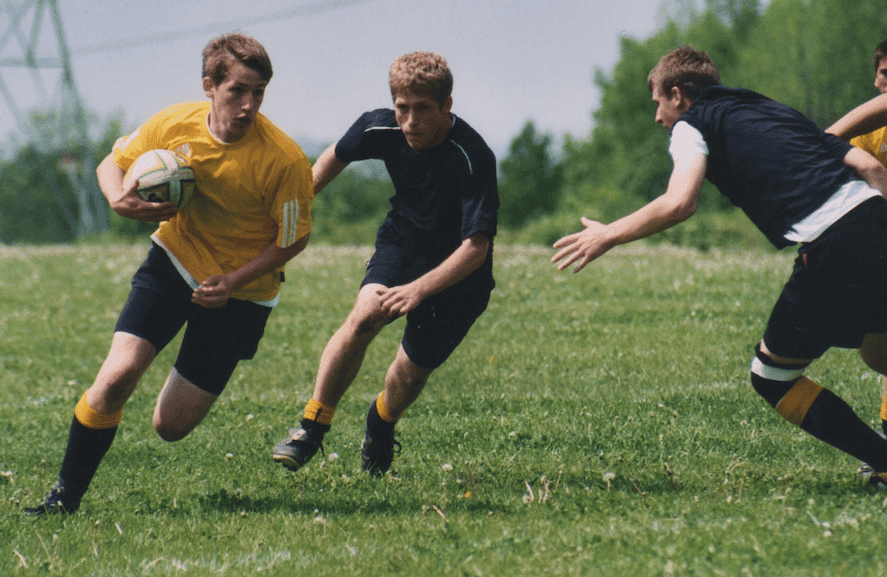
What is SWAP? (The Basics)
A few years ago, I developed something called SWAP – a simple framework that makes the unspoken stuff at camp crystal clear, just like we did with rugby.
SWAP→
S: Short explanation of what’s coming next. “We’re heading to the dining hall for lunch.”
W: Waiting might happen, and that’s normal. “We might have to wait outside for a few minutes until all the tables are ready.”
A: Acknowledge that it’s probably different from home. “It gets pretty loud in there, and people sometimes start singing during meals. That might feel strange at first, but you’ll get used to it.”
P: Point out who to ask if you have questions. “If you’re not sure where to sit, just ask your counselor or the person in the blue staff shirt.”
That’s it. Super straightforward. Easy for everyone to remember and a quick heads-up that covers all the bases in under 30 seconds.
It’s a pretty simple set of outcomes:
Kids understand what’s happening around them →
When they understand, they’re free to actually enjoy it →
When they enjoy it, they grow in ways that serve them long after the summer ends.
Think of it as a way to give kids a little mental GPS for navigating new situations. No big mystery, no insider secrets. Just the info they need to feel comfortable and confident. And it happens ahead of time, so everyone is on the same page.
Why SWAP is a Game-Changer for Kids
There are a bunch of reasons why something so simple makes such a big difference.
Anxiety takes a nosedive. Kids are super resilient and adventurous. Most times, they aren’t worried about an activity itself but instead worried about looking foolish or doing something “wrong.” We essentially erase that fear by explaining what’s about to happen so they can actually enjoy the experience instead of stressing about it.
Kids become more independent. After a few weeks of hearing SWAP in action, campers start doing it themselves. Something like, “So, we’re going to the pool next, we usually wait by the fence first, diving board is optional, and you can ask any lifeguard if you need help.” It’s more in kid-speak, but you get it.
Everyone feels like an insider. There’s nothing worse than feeling like the only one who doesn’t get what’s happening. SWAP sets up a culture where it’s normal to explain things so everyone gets to feel “in the know.”
Confidence builds faster. When kids successfully navigate one new situation, they carry that confidence to the next challenge. By the end of camp, they’ve collected dozens of experiences that tell them, “I can handle new things.”
And the best part?
All of this is 100% normalized, kids take part just like the staff, and it’s all just part of the Hidden Curriculum. It’s like an anxiety-reducing flywheel.
The Long-Term Benefits Beyond Camp
SWAP isn’t just about making this summer smoother, though it definitely does that too. The real power comes from what kids takes home with them.
Think about the environments they’ll navigate throughout their life:
New schools
Sports teams
College dorms
Social gatherings
Low-level internships
Big-time first dream jobs
Each one comes with its own set of unwritten rules and expectations.
What SWAP teaches kids is that these hidden rules exist everywhere and, more importantly, that they can figure them out. They learn to look for cues, ask questions, and work through that initial discomfort of being new.
It’s acknowledging uncertainty while also providing the tools to move through it.
And perhaps most importantly, it helps them understand that not knowing something doesn’t reflect on their worth or ability. It’s just information they haven’t acquired yet.
Looking Ahead to Summer
So that’s SWAP in a nutshell! I’m pumped to bring this to K&E this summer and see how it helps everyone settle in faster.
Will your kids come home talking about “SWAP”? Probably not. But don’t be surprised if they start explaining things differently or seem weirdly comfortable with new situations.
Just like in rugby, knowing the rules changes everything. That freshman who got crushed on the field transforms into someone who can navigate the game with confidence. That’s what I want for every kid at K&E – and honestly, for myself, too.
I want every single camper to feel like they belong at K&E from minute one. No outsiders, no confusion, just a place where they can be fully themselves without worrying about “doing it wrong.” No one lying on the field wondering if they belong.
SWAP is just one piece of the puzzle, but it’s a pretty important one. It’s the playbook that helps everyone understand the game.
Now, we just need to bring it to the rest of the world (without taking a rugby hit first).
You got this,
Jack
PS: I am on a mission to better understand K&E from your perspective. If you have a few minutes I’d love to chat. Just send me a message saying “Hey Jack let’s chat.”



